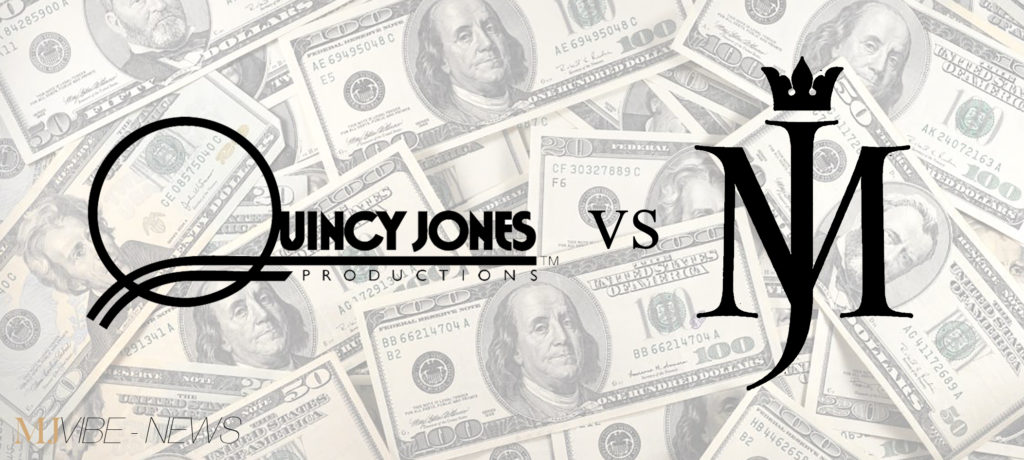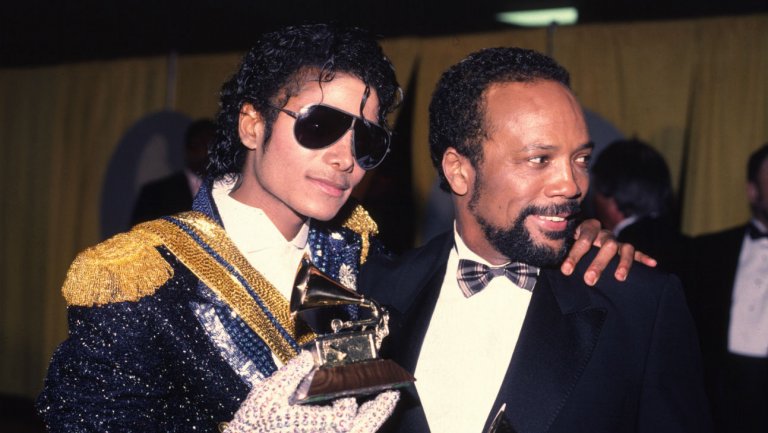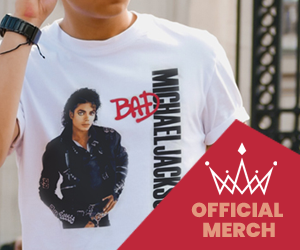
The trial pits a dead music legend against a living one in what a potential juror described as “a tragedy.”
“Both of these men are musical geniuses,” said one potential juror of Michael Jackson and Quincy Jones. “I am so, so sorry this trial is going on. This is a tragedy.”
The retired University of Pennsylvania professor was thanked for her time and excused from an Los Angeles courtroom Tuesday morning. Also excused was a young woman whose father was an editor on the “Thriller” music video. Ultimately two men and 10 women were chosen — and they’re tasked with evaluating how credit and money should be split for posthumous revenue as part of a royalty dispute between the legendary producer and the King of Pop’s business.
By way of background, this fight began in 2013 when Jones sued Sony Entertainment and MJJ Productions, a song company controlled by the King of Pop’s estate, claiming master recordings he produced were wrongfully edited and remixed to deprive him of backend profit participation. He also says a 2009 joint venture between MJJ and Sony should have increased his royalties share, but didn’t. The works at issue include songs from Off the Wall, Thriller and Bad and the This Is It film and soundtrack album, among others.
Los Angeles Superior Court judge Michael A. Stern in January shut down MJJ’s summary judgment motion, finding the complex issues in the case warranted more scrutiny. (Stern also denied a previous motion for summary judgment in February 2016.) The jury won’t hear about Jones’ elder abuse claims, which were barred following a pre-trial motion.
Jones’ attorney Mike McKool led off opening statements Tuesday by painting a picture of the producer’s illustrious career — aided by actual photos projected onto a very large screen in the middle of the courtroom that largely blocked the view for attorneys and journalists in the audience. He noted Jones’ EGOT status, coupled with 79 Grammy nominations, and walked through some of his work with A-list artists like Frank Sinatra, who gave Jones his nickname “Q.”
Aside from personal history, McKool focused on two producer agreements between the pair, one from 1978 and the other from 1985. He says those agreements specified that Jones’ royalty would come from Jackson’s share of profits from their works — and that any changes to the rate the performer received would be reflected in the producer’s pay, too. McKool said the deals also ensured Jones would be given the first opportunity to remix any of the works he produced.
Everything was going smoothly, McKool said, until the star died unexpectedly in 2009. “The death of a superstar artist creates huge interest in his music,” he said, adding that the boost in demand from fans allowed Jackson’s estate to negotiate a bigger share of Sony’s profits. Jones’ royalties remained consistent, and McKool argued they should have increased proportionally. All said, Jones says he’s owed at least $30 million.
MJJ attorney Zia Modabber took the podium shortly before the lunch recess, and acknowledged that an audit did reveal Jones was shorted — but only a fraction of the amount he’s asking for. He said Jones’ contract doesn’t entitle him to a share of the licensing fees, when his works are featured in movies, for example, but Jackson paid him one anyway and the estate continues that practice.
As to the claims about the 2009 Sony joint venture, Modabber said Jones’ contract specifies that his royalty pay is “calculated, prorated and reduced” in accordance with Jackson’s — but the artist wasn’t obligated to even tell the producer about royalty increases, let alone pass them on to the producer. He also said Jones was only guaranteed the first opportunity to remix a work if that remix was required by the studio.

Sony has been administering the producer’s pay from Jackson’s works since the beginning and any money owed to Jones is due to run-of-the-mill mistakes that happen while calculating complex royalties, Modabber said — arguing the producer’s claims rely on “distorted” readings of the contracts and conspiracy theories.
“Sadly, and unfortunately for us, you will only be getting Mr. Jones’ version,” said Modabber, playing on a sentiment mentioned by several axed jurors that Jackson’s death makes the testimony one-sided. “Mr. Jones is asking for millions he didn’t earn and isn’t entitled to. He just wants it and hopes you’ll give it to him.”
The trial is expected to last approximately three weeks. MJJ is represented by Kinsella Weitzman and Katten Muchin Rosenman. Jones is represented by Gradstein Marzano and McKool Smith. Sony is represented by Covington & Burling.
SOURCE: HR



